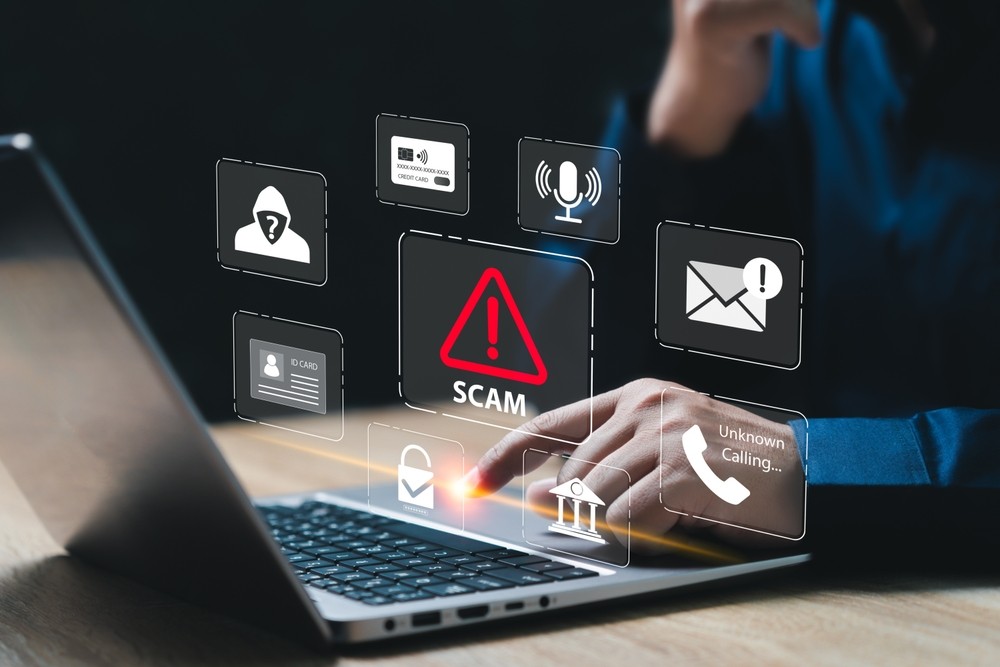The convenience and vast potential of the internet can often overshadow the lurking threats to personal privacy and data security. As we increasingly conduct our banking, shopping, and even personal communications online, the risk of exposing sensitive information to cybercriminals grows. Understanding and practicing robust data security measures has never been more crucial. Here, we delve into some of the best practices for keeping your personal data secure online.
Understanding the Importance of Personal Data Security
The significance of personal data security cannot be overstated. Cybercriminals exploit personal information for various malicious purposes, including identity theft, financial fraud, and phishing attacks. These crimes not only lead to financial loss but can also cause severe emotional distress and long-term damage to one’s reputation. By prioritizing data security, individuals can protect themselves from these threats and ensure a safer online experience.
Use Strong and Unique Passwords
One of the most fundamental yet neglected aspects of data security is password protection. Passwords serve as the first line of defense against unauthorized access to your accounts.
- Create complex passwords: A strong password should be at least 12 characters long and include a mix of upper and lowercase letters, numbers, and special characters.
- Use unique passwords for each account: This ensures that if one account is compromised, others remain secure.
- Employ a password manager: Password managers not only store and organize your passwords securely but also generate complex passwords for you.
Enable Two-Factor Authentication (2FA)
Two-factor authentication adds an extra layer of security by requiring a second piece of information beyond your password. This could be a code sent to your phone or a fingerprint scan.
- Use 2FA wherever possible: Many services, from email providers to social media platforms, offer 2FA as an option. Activate it to add an extra security layer.
- Choose secure methods: App-based authenticators like Google Authenticator or Authy are generally more secure than SMS-based 2FA.
Be Wary of Phishing Scams
Phishing scams are deceptive attempts by cybercriminals to obtain sensitive information by disguising themselves as trustworthy entities.
- Inspect emails carefully: Pay attention to email addresses, grammatical errors, and suspicious links.
- Never click unverified links: If in doubt, navigate directly to the company’s website rather than clicking on a link provided in an email.
- Verify requests for information: Legitimate organizations will rarely ask for sensitive information via email or phone. Verify such requests through official channels.
Maintain Privacy on Social Networks
Social media platforms are a treasure trove of personal information that can be exploited if not protected conscientiously.
- Review privacy settings regularly: Social media platforms often update their privacy policies. Ensure your settings are adjusted to limit data exposure.
- Be mindful of what you share: Avoid posting personal information such as addresses, phone numbers, or travel plans.
- Limit app permissions: Many apps request access to various data points unnecessarily. Limit permissions to only what’s essential.
Secure Your Internet Connection
The security of your internet connection is pivotal in protecting your data from interception.
- Use a Virtual Private Network (VPN): A VPN encrypts your connection, making it difficult for hackers to access your data.
- Secure your home Wi-Fi: Change default router passwords, use WPA3 encryption, and hide your network’s SSID.
- Avoid public Wi-Fi for sensitive activities: Public networks are often unsecured, making them prime targets for cybercriminals.
Regularly Update Software and Devices
Keeping your software and devices up-to-date is crucial to defending against vulnerabilities.
- Enable automatic updates: This ensures you receive the latest security patches as soon as they’re released.
- Update all devices: Don’t forget less obvious devices like internet routers and smart home gadgets.
Back-Up Your Data Frequently
Regularly backing up data protects against data loss from cyberattacks, hardware failures, or accidental deletion.
- Use cloud services: Services like Google Drive, Dropbox, or iCloud offer convenient data back-up solutions.
- Employ physical storage: External hard drives or USB sticks can serve as an additional safeguard.
- Automate your backups: Schedule automatic backups to ensure they occur regularly without manual intervention.
Educate Yourself Continuously
The landscape of cyber threats is constantly evolving, making continuous education essential.
- Stay informed: Follow tech blogs, security websites, or subscribe to cybersecurity newsletters.
- Participate in cybersecurity training: Some online platforms and institutions offer free courses on digital security practices.
Utilize Anti-Malware and Anti-Virus Software
These tools are essential for protecting against malicious software that can compromise your data.
- Choose reputable software: Research and choose anti-virus programs that have good reviews and are regularly updated.
- Schedule regular scans: Regular scans help detect and eliminate threats before they cause damage.
Be Cautious with Personal Devices
Devices such as smartphones and tablets are often overlooked in data security strategies despite containing a wealth of personal information.
- Protect devices with strong passwords or biometrics: Ensure that if your device is lost or stolen, your data remains secure.
- Prevent unauthorized app downloads: Adjust settings to require your permission for app installations.
While the internet offers immense opportunities and conveniences, it also necessitates vigilance to safeguard one’s personal data. By implementing these best practices, you can build a robust defense against the myriad of threats that loom in the digital realm. Prioritizing online security not only protects your personal information but also contributes to a safer and more secure internet environment for everyone. Stay informed, stay protected, and navigate the digital world with confidence.



